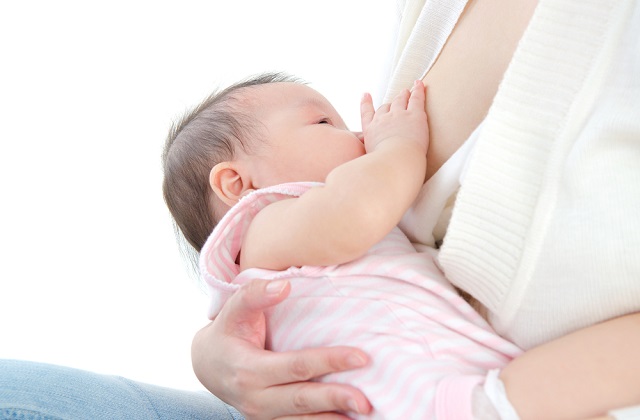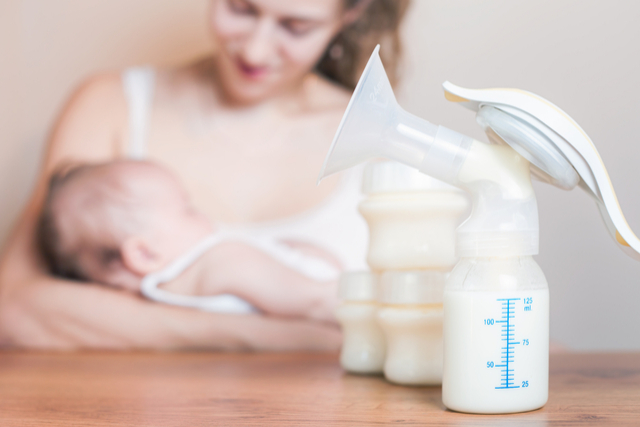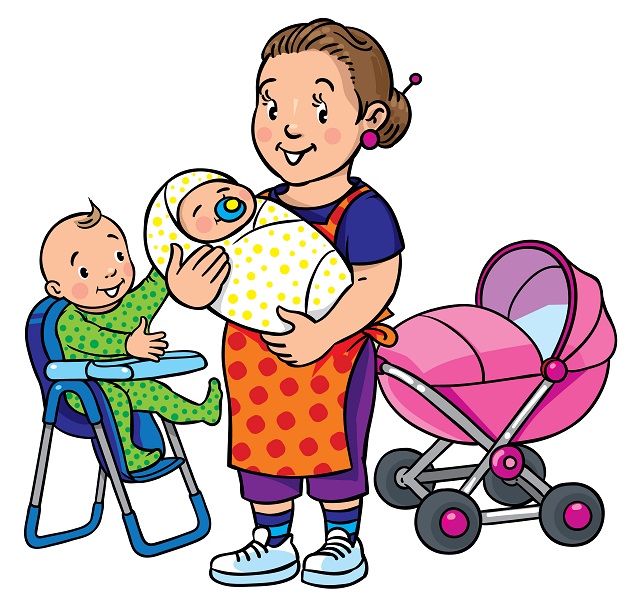How to increase breast milk supply
Increase breast milk supply- Practice breastfeeding on demand
As recommended by the World Health Organisation, you should try to practice breastfeeding on demand. This means that you should nurse your baby whenever she is hungry for as long as she wants.
All babies are unique, many of the articles on breastfeeding frequency and duration are just a guideline that you do not have to strictly follow.
Breast milk supply can be increased by nursing the demand and supply process. The more your baby nurses, the more stimulation the breasts receive and therefore the more milk your body produces.
Increase breast milk supply- Drink plenty of water
Having sufficient water is most fundamental in ensuring that you will have an adequate supply of breast milk. If you are dehydrated, your body will make less milk.
It is a necessity to have a bottle of water next to where you are going to nurse. After a few minutes of nursing, many nursing mothers will feel thirsty.
Also, try to eat foods that are naturally rich in water, such as fruits and vegetables.
Increase breast milk supply - Massage your breasts
Massaging your breast can help to clear the milk ducts and enable the milk to flow freely.
Massaging your breast can give the breast more stimulation and therefore trigger a higher milk production.
Massaging your breast can prevent fluid buildup and thus prevent breast engorgement or plugged milk duct, which are common breastfeeding problems.
Increase breast milk supply - Have adequate rest
Fatigue is a common cause for low breast milk production.
If conditions permit, you should try to sleep when your baby sleeps.
Having enough rest is crucial to the mother’s hormonal balance. Hormones prolactin and oxytocin play critical roles in the production and secretion of breast milk. Without sleep, the efficacy of these breastfeeding hormones will be compromised and may lead to a decrease in the woman’s milk supply.
Increase breast milk supply - Switch feeding
Switch feeding means you alternate back and forth between breasts multiple times during the same feed. This can encourage a sleepy baby to suck more vigorously for a longer time.
Increase breast milk supply - Food or herbs that can increase breast milk
Fenugreek, fennel, red dates, carrots, oatmeal, garlic, sesame seeds, asparagus, brown rice, salmon, apricots, unripe papaya and sweet potato can all help to increase breast milk. You can check the details here: Foods to increase breast milk supply.
It should be noted that some of the food mentioned above may add an unfavorable taste to the breast milk. As a result, your baby may dislike the breast milk and refuse to latch on. Thus, mothers may do trial and error with their baby and adjust the intake of such foods to an appropriate level.
Increase breast milk supply - Wait to use the milk bottle
In the first six months after birth, the baby should be exclusively breastfed. This means that you do not even need to feed your baby with water. Hence, the usage of a milk bottle should be avoided, especially in the first few weeks after birth. This could give time for your breast milk supply to be established and your baby’s sucking skills to be perfected.
Once your baby has perfected his or her sucking skill, he or she will empty your breast much better than a pump does and your breast will respond by making more breast milk.
Even after your breast milk supply is established, you should minimize the usage of the baby milk bottle. The nipple of a milk bottle is easy for the baby to latch on. Hence, after being exposed to the milk bottle, your baby may refuse to drink from your breast as he or she finds it hard to latch on.
Increase breast milk supply - Avoid using pacifiers.
Using pacifiers on your baby can affect his or her latch. A study shows that pacifiers can significantly reduce the amount of time a baby spends at the breast, which may cause your milk supply to drop.
Increase breast milk supply - Avoid using nipple shield
Nipple shields reduce the stimulation that your breasts receive. The lesser the stimulation, the lesser milk your breasts will produce.
Increase breast milk supply - Avoid formula milk
The more formula milk you give your baby, the less milk you will make. Worse still, if you embark on the habit of offering formula milk to your baby, he or she may wean and start to refuse the breast.
Once your baby had drunk the formula milk, he or she will suck less on your breast. Thus, your breast will receive lesser stimulation and produce lesser milk.
Increase breast milk supply - Be mindful of alcohol
According to a research published on the American Academy of Pediatrics News and Journal, alcohol is not a galactogogue. Excessive consumption of alcohol may lead to a decrease in the breast milk supply. It can adversely affect the infant motor development. According to the research, ingestion of alcoholic beverages should be minimized and limited to an occasional intake but no more than 0.5 g alcohol per kg body weight, which for a 60 kg mother is approximately 2 oz liquor, 8 oz wine, or 2 beers. To minimize the health impact on the infant, nursing should take place 2 hours or longer after the alcohol intake.
Increase breast milk supply - Check your medicine
Some drugs can interfere with breastfeeding. Commonly used medicines that may reduce your breast milk supply include antihistamines and decongestants, diuretics, hormonal contraceptives containing estrogen, and some weight loss medications.
If you are sick, do inform your doctor that you are breastfeeding so that your doctor can avoid giving you medicine that may have an adverse effect on your breast milk supply.
Get professional support
There are many professional lactation consultants that can help you in breastfeeding. Try to get their help as soon as possible when you face difficulties.
You can find the contact information about help available for breastfeeding mothers in Singapore below.
1. National University Hospital Breastfeeding Hotline
Contact number: +65 9722 0376
Working Hours: 8am - 8pm
Personal consultation appointment can also be made at the same number.
2. KKH Lactation Service
+65 6225 5554
3. Breastfeeding Mothers' Support Group(s)
+65 6339 3558
4. Joyful Parenting and Breastfeeding Hotline
+65 6488 0286
It takes a village to raise a child !
Join our WhatsApp Parenting Chat Groups By Area in Singapore.









